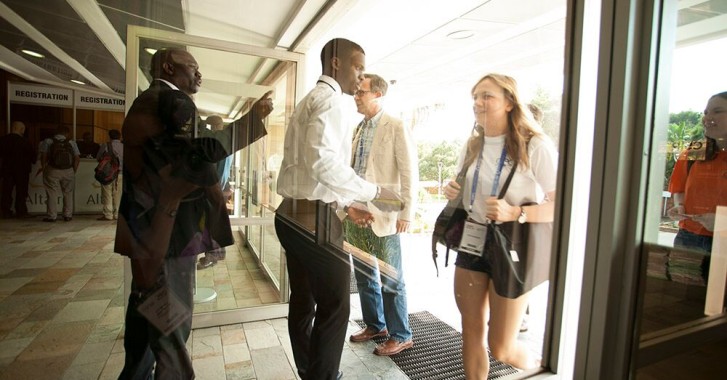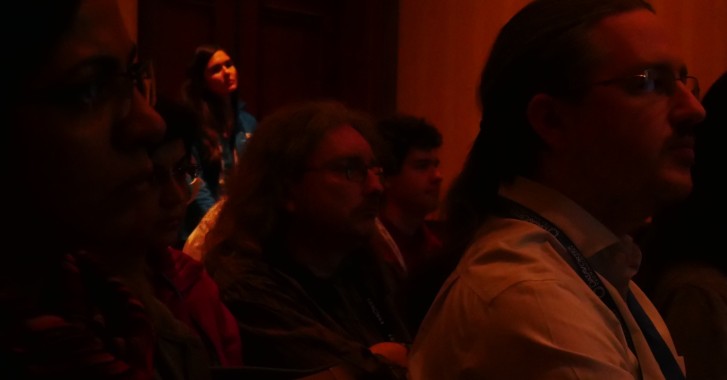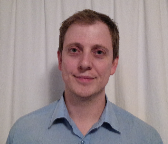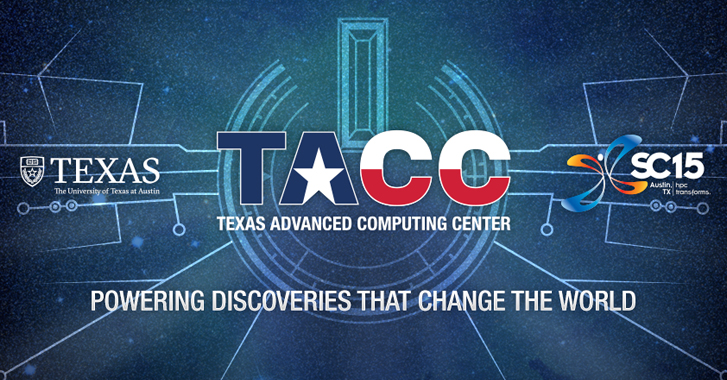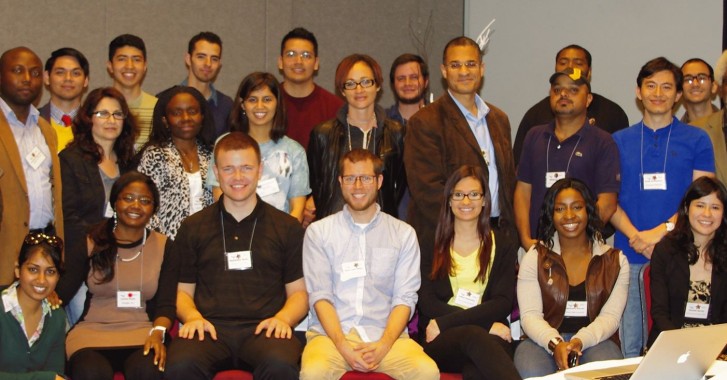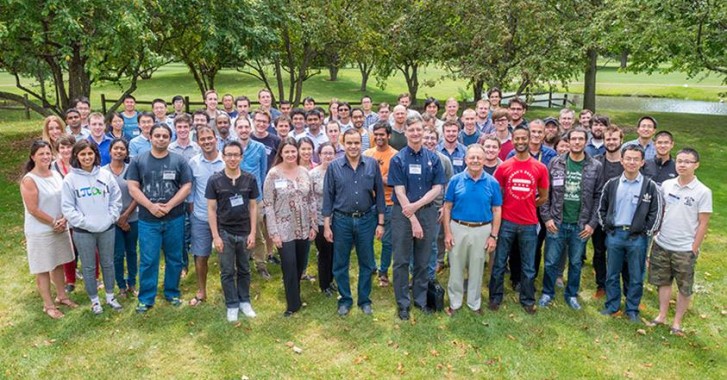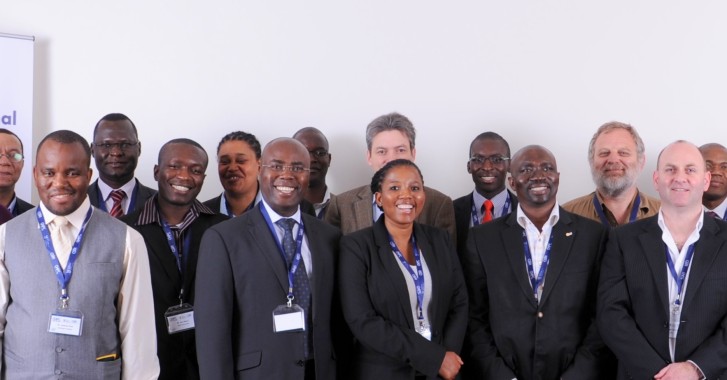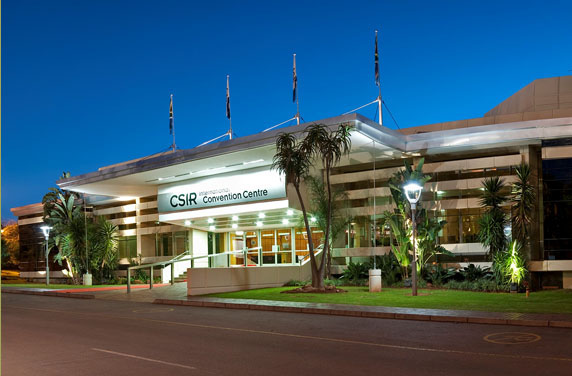The South African Center for High Performance Computing (CHPC) is looking for an HPC Engineer with five years of relevant experience, and a combination of soft and technical skills. The successful sysadmin-applicant will have a front-row seat as history unfolds in the region, an opportunity to make a big difference in the lives of many and a chance to work with an amazing team!
As you may have heard, HPC industry eyes are on South Africa as exascale’s likely birthplace. With the Square Kilometer Array (SKA) being built in the great Karoo region, implications for SA and the HPC industry have captured the attention of a broad range of stakeholders. SKA will be the world’s biggest radio telescope, and the most ambitious technology project ever funded (anywhere in the world)! With an expected 50-year lifespan, SKA construction is scheduled to begin in 2018, and early science and data …

